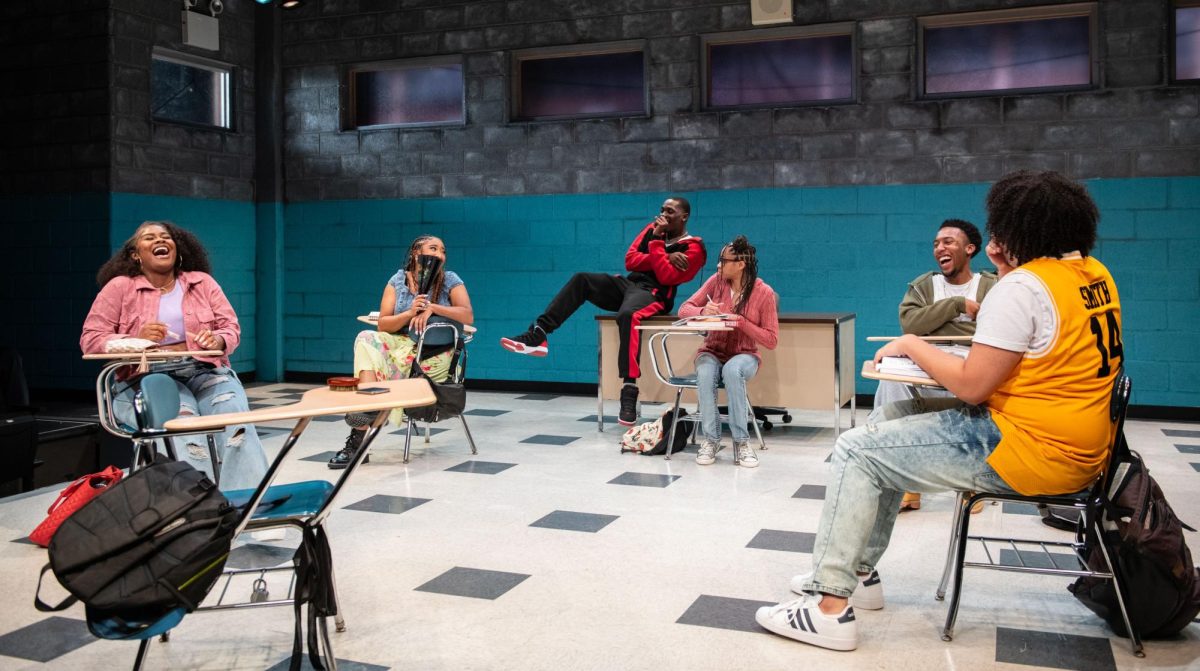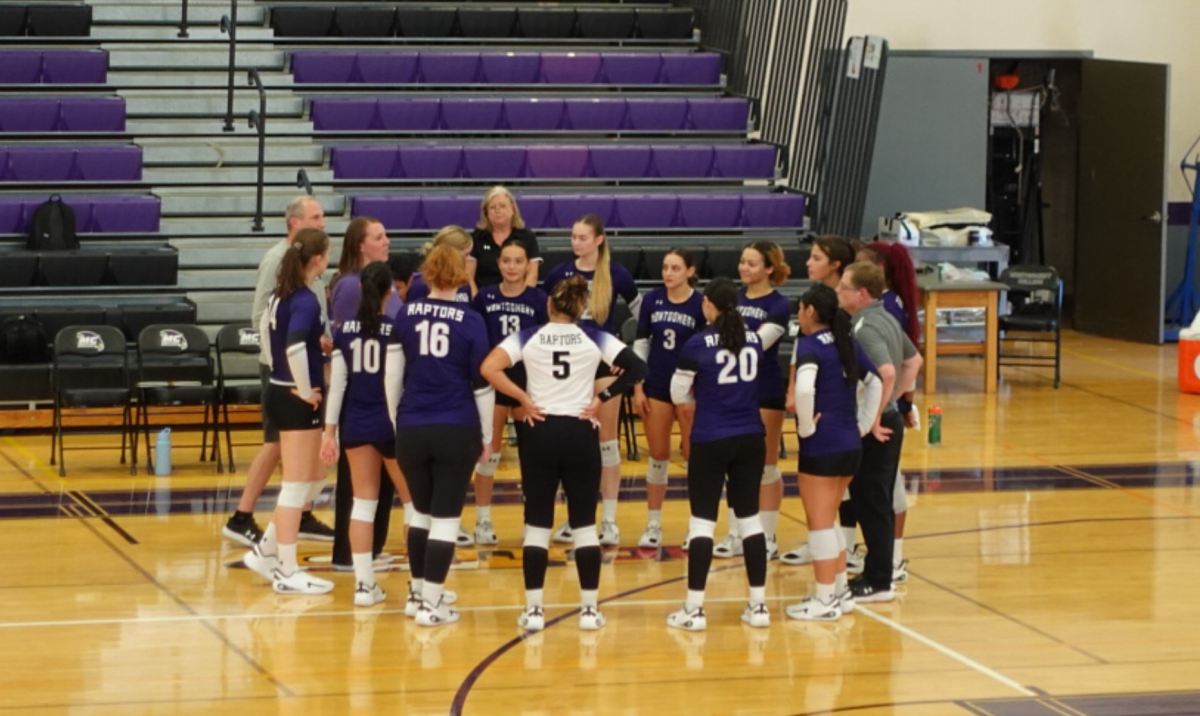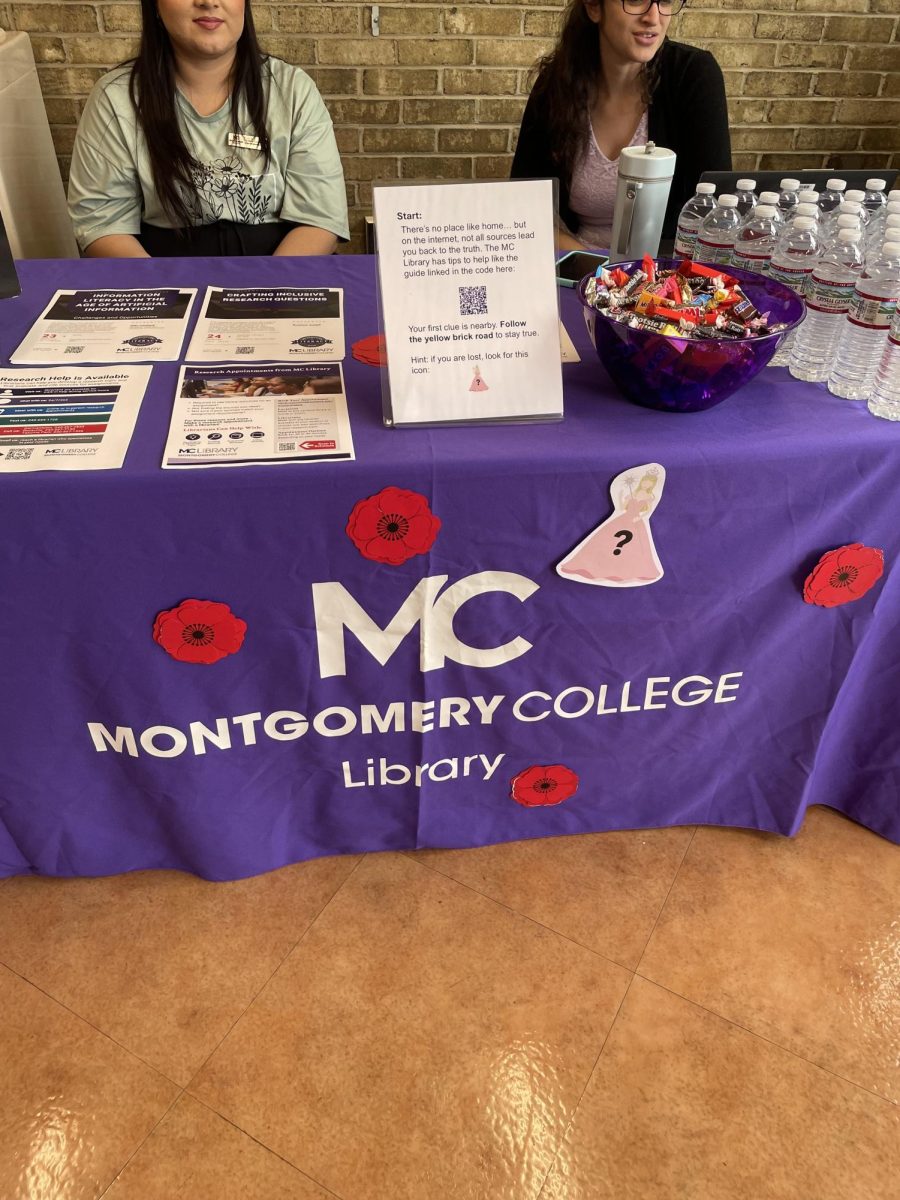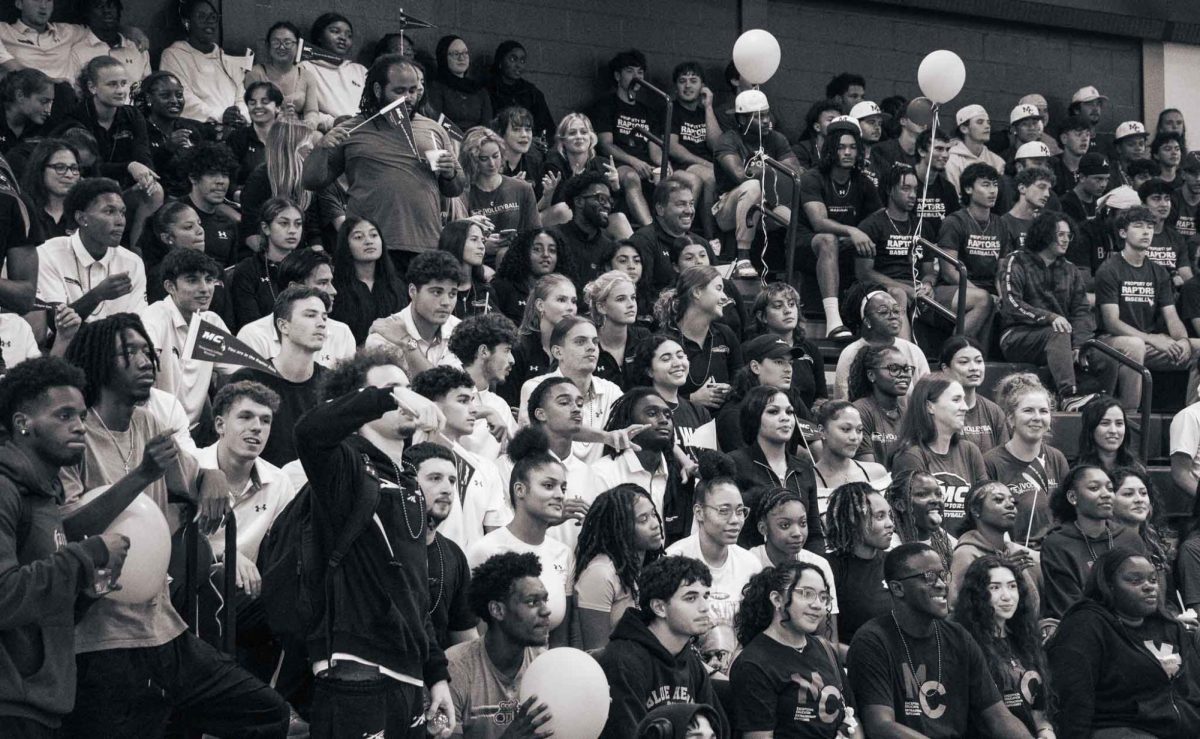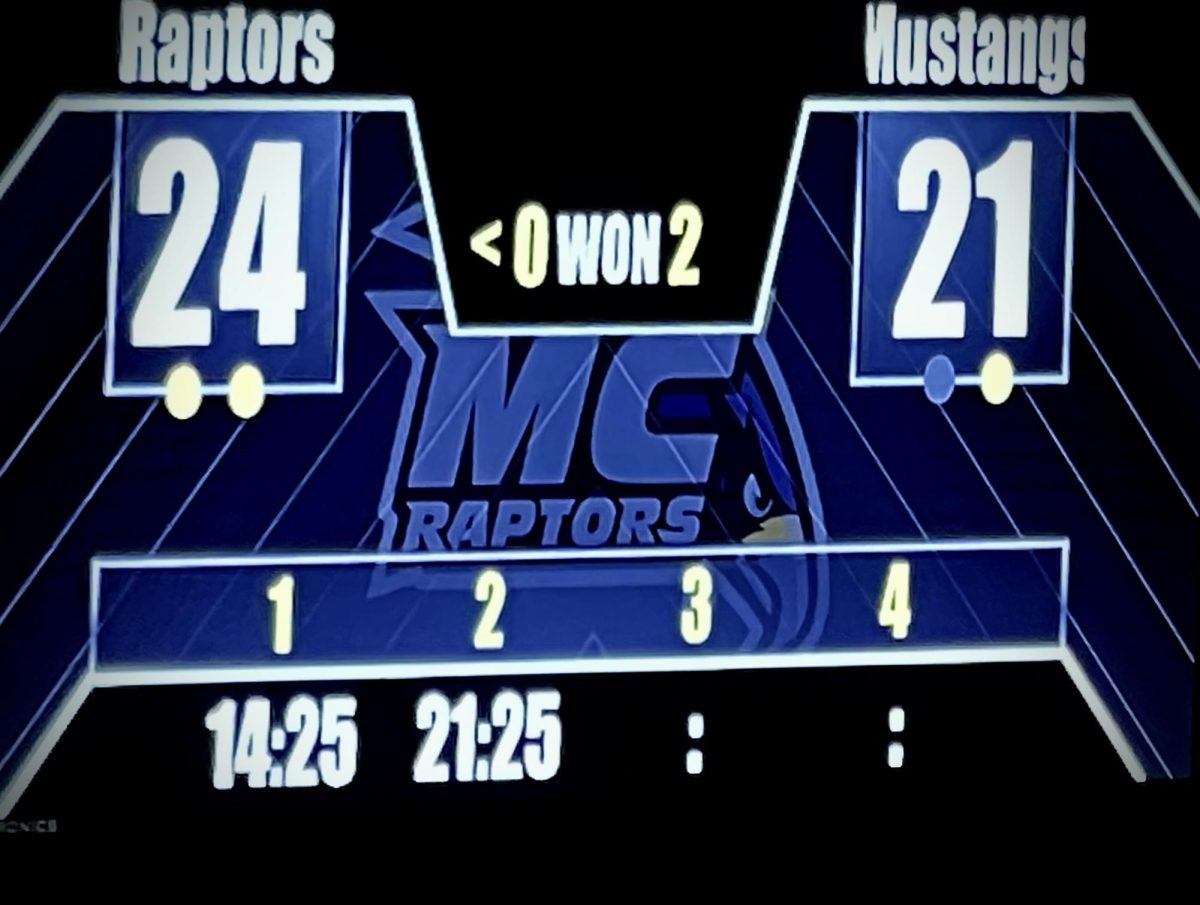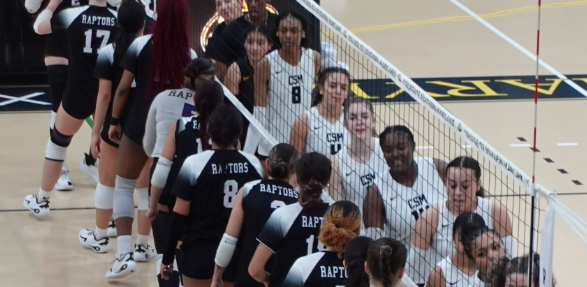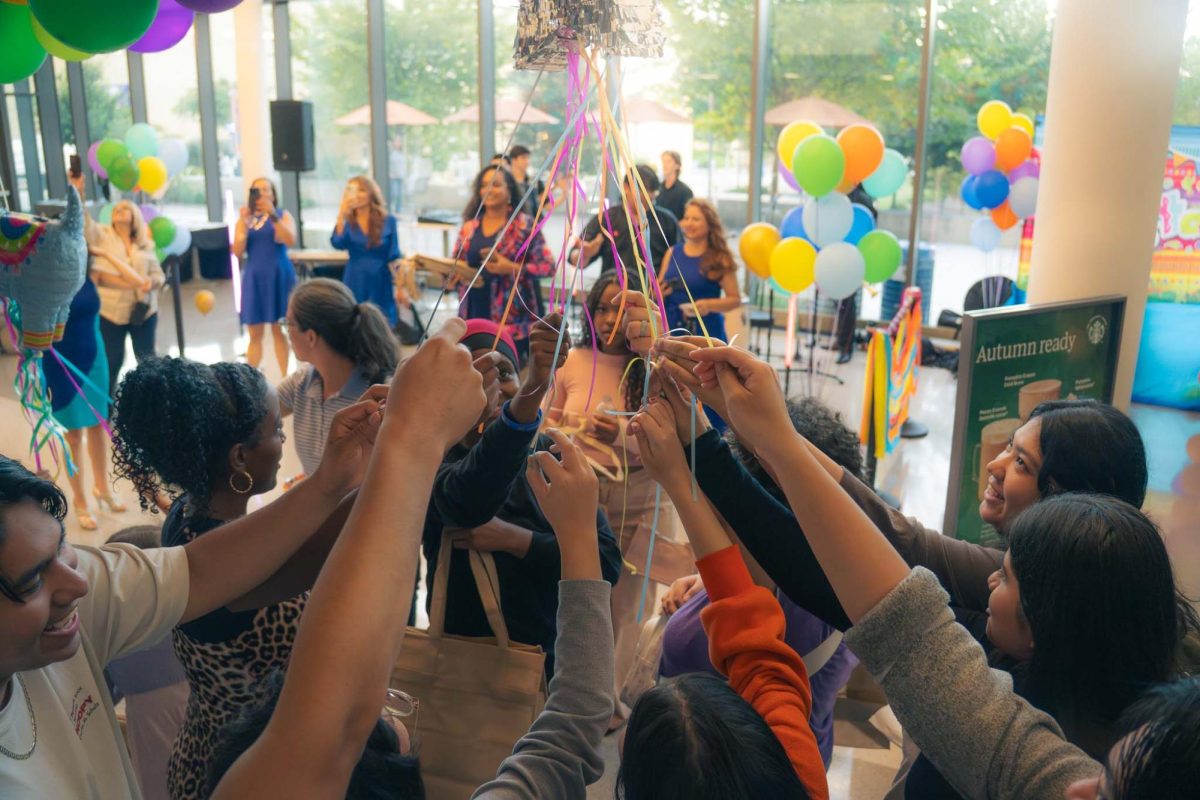Connections forming between high school students in detention provides a modern insight into the institutional racism experienced by Black youth in the play “Exception to the Rule.” The similar 1985 movie “The Breakfast Club” does not provide this perception.
“The Breakfast Club” had all white suburban high school students spending their day in detention discussing each of their individual growing pains. So, how does the conversation change when instead featuring all Black teenagers attending an inner city high school?
Studio Theatre in DC recently showcased this idea in a comedic play by Dave Harris. In an interview with the Advocate, several of the cast members from “Exception to the Rule” answered questions about the dynamics between their characters and the themes of Black history, solidarity, and perseverance Harris had approached.
This production, set in a public high school, highlighted the complex circumstances six Black students in detention have. Tommy (Steven Taylor Jr.,) Mikayla (Khalia Muhammad,) Dasani (Shana Lee Hill,) Dayrin (Jacques Jean-Mary,) Abdul (Khouri St. Surin,) and Erika (Sabrina Lynne Sawyer) each delivered their stories through their intensely profound interactions. The detention facilitator, a teacher named Mr. Bernie, never made an actual appearance, but received reference throughout the script.
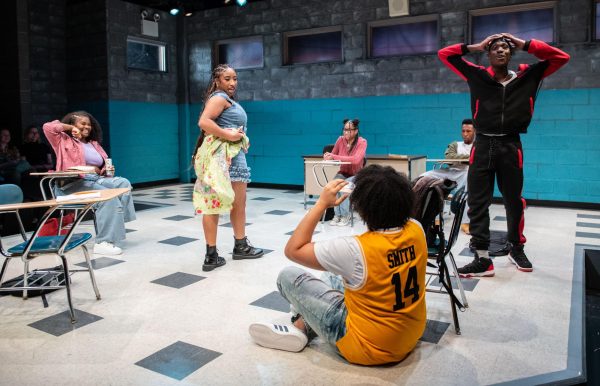
The story line demonstrated Mikayla’s suppressed artistry when she tells her peers her reason for receiving detention: her teacher wrote her up for a dress code violation due to the apparent shortness of her handmade skirt. Khalia Muhammad discussed the imparting intricacies of how the character carries herself as a talented free spirit who faces a stifling of her creativity from school administrators.
“I think that trying to channel how igniting a sense of resentment within [Mikayla] was important as I was trying to develop her layers and look at her as a fully well-rounded person. She’s fun, she’s exciting, but she’s not able to be her most free, full self because of societal pressures and norms, the standards of Black women in these different institutions, [and] the sexualization of them,” Muhammad explained.
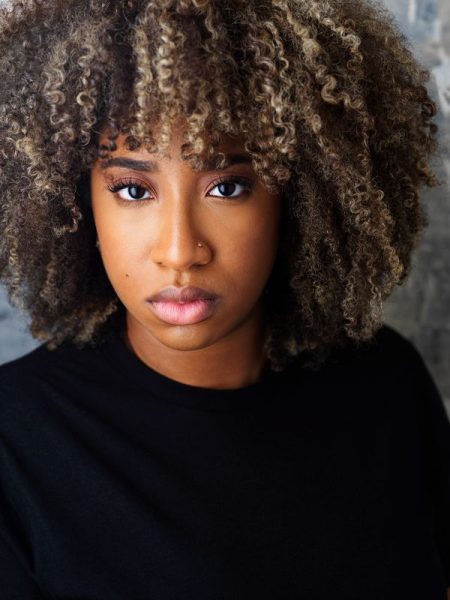
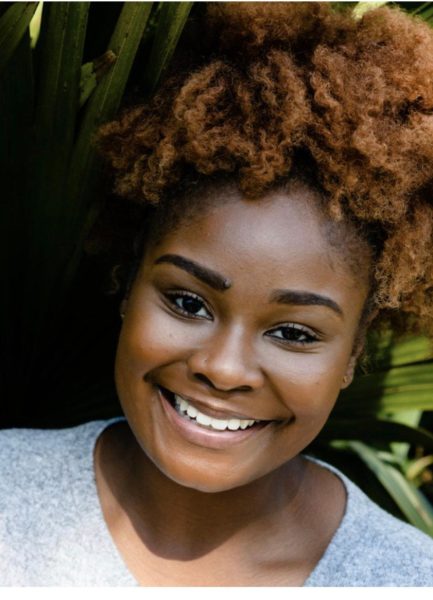
Each student in “Exception to the Rule” gradually shared their personal struggles in a relatable manner that formed a sense of closeness. One notable bond was between Mikayla and Dasani, which Muhammad described “probably developed in detention. The linkage of detention between these two people, and how this space of dread can curate us a relationship full of love, camaraderie, friendship, and advocating for one another, we do a lot indirectly and directly in the show,” Muhammad noted.
Shana Lee Hill added that Mikayla and Dasani experienced “a sense of womanhood [and] having similarities [when] Mikayla talks about the troubles that Dasani truly can relate to, agree with, [and] might have been through at some point. We’re in the same location [with] similar experiences at school. From our first rehearsal to where we are now, Mikayla and Dasani became closer than we started off being [which] is cool because that’s what would naturally happen if you’re in detention every day.”
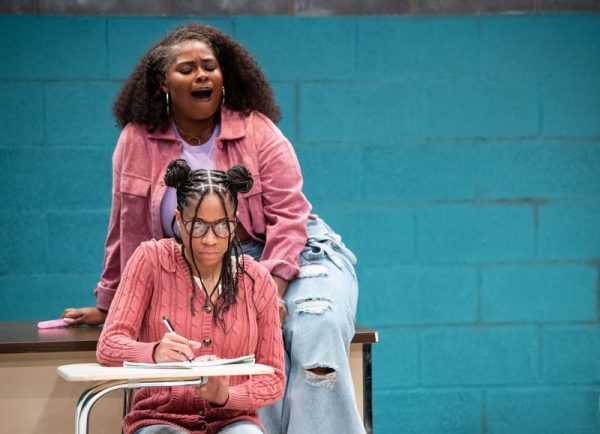
Towards the play’s final act, Dasani preaches to her peers a message of empowerment when she delivered what Shana Lee Hill called “a monologue [that] ignited a passion in [what] Black history and Martin Luther King particularly meant to me or meant to students in general. [It was] a time of remembering how memorable Black history was, celebrating it, and going back to people who did so much for our community.”
Lee Hill reflected that the moment “made me feel like that student that loved Black History Month and truly believed the words that Martin Luther King said. Being able to reflect on Martin Luther King a bit with this monologue was pretty cool, too. Remembering the points and the key factors of the things that he really did want for the world ties into the theme of the play, of things that he wanted that we see but sometimes we also still don’t see.”
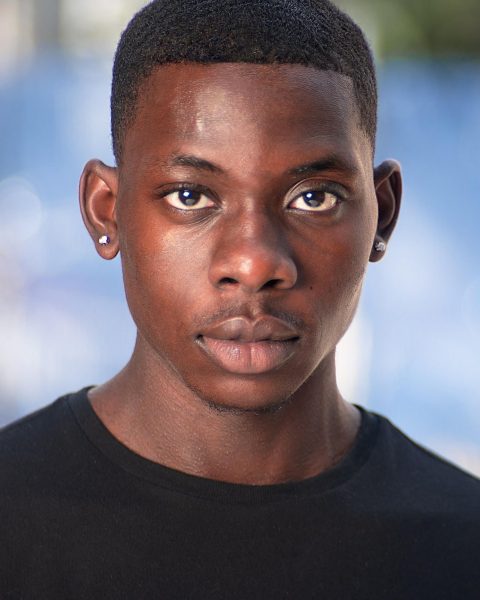
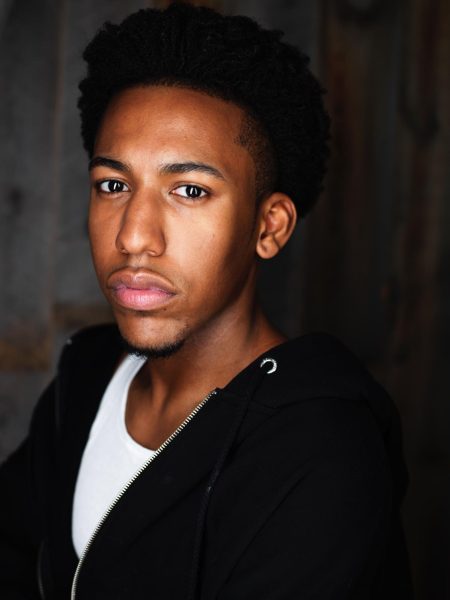
On a different note, the interaction between Dayrin and Abdul, despite having animosity on the surface, has an undertone like Mikayla and Dasani’s, suggesting the potential that the two students could become “great friends,” according to Jacques Jean-Mary. “They’re essentially the same person…both immature with their emotions and they feel they both have a lot to say, and if joined together, would be so powerful. They just [have] different ways of expressing it,” Jean-Mary told the Advocate.
“Abdul has this masculinity about him [where he] puts on a certain bravado to be that the alpha of detention, and I feel like Abdul challenges Dayrin in several ways in terms of masculinity. I think that there is a universe if Daryin wasn’t as wild as he was [and] was less defensive, put his guards down, and listened to what people were saying to him, they could be friends,” Khouri St. Surin commented.
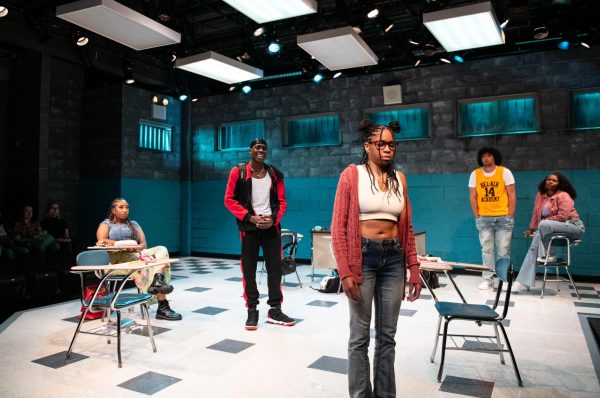
All the play’s students frequented detention except the first timer and scholar Erika, who at one point requested Dayrin to shut off the music he blasted, Kendrick Lamar’s “Not Like Us.” Abdul then stands up for Erika because of what St. Surin described as Abdul’s “sense of unity and one person affecting everybody. I looked at the theme of principles and what that means.”
Jean-Mary then noted another significant moment referencing Black history: “Before [Abdul and Dayrin] fight, we talk about history. It’s really sacred to do but also relatable because there’s six young Black kids coming together talking about all these issues [like] dreams.”
He reflected on “sitting in the classroom in school not knowing I’ll be doing a play about very important situations.” With the play’s themes in mind, Jean Mary encouraged Advocate readers to follow their dreams and “follow through everything they got going on. If they want to be an actor, they could talk to us [in the cast.]”
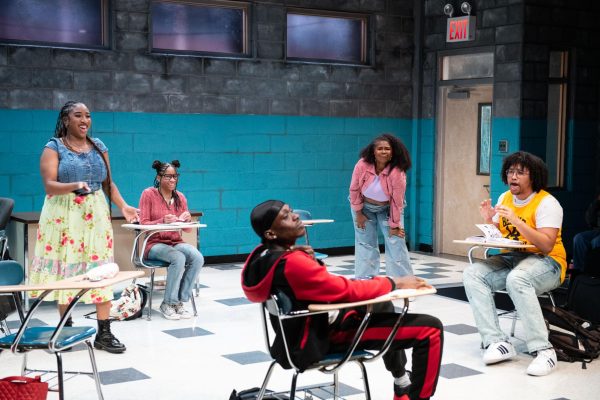
Additionally, Khalia Muhammad told students who read the Advocate that if “you’re an emerging adult [and] you’re trying to find yourself and your voice, or maybe find your creative outlet like Mikayla, and not always being properly being shepherded through that, I would encourage you to just keep going and to find outlets that are helpful [and] that keeps [you] motivated. It’s tough, and the institutions that we’re often in don’t necessarily support us in all the ways that they should – Black people specifically.”
“Exception to the Rule” uses humor to present how schools systemically discriminate against and hinder the opportunities of Black youth. The play teaches many lessons, including that individuals educating themselves on Black history, maintaining resilience, and forming support networks promotes hope and nurturing for the world.


